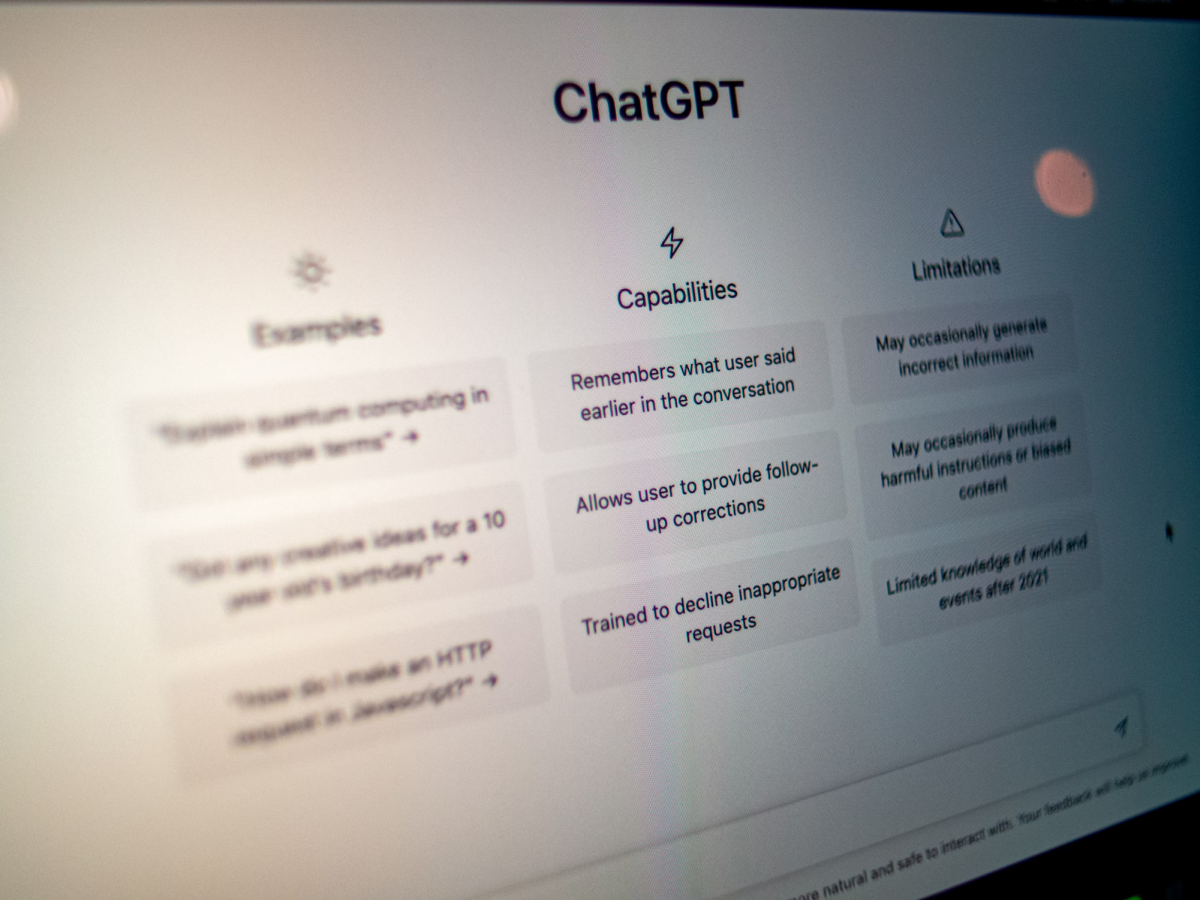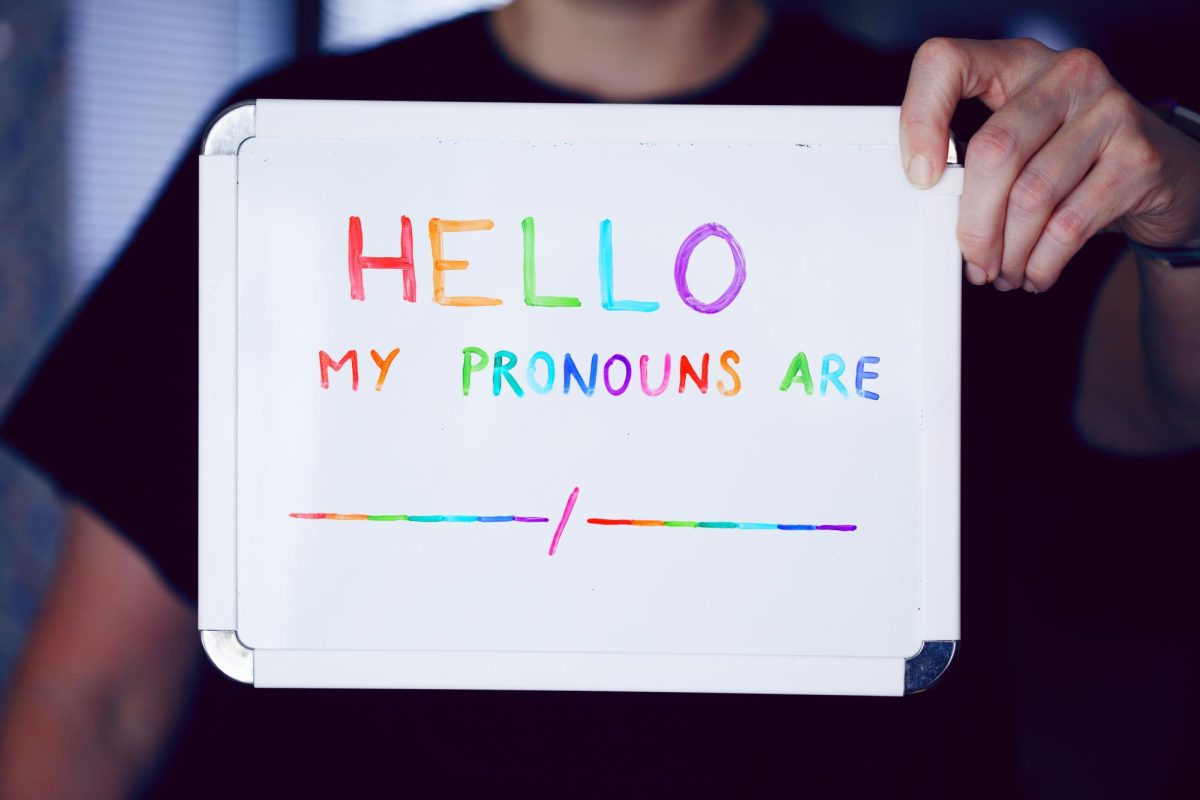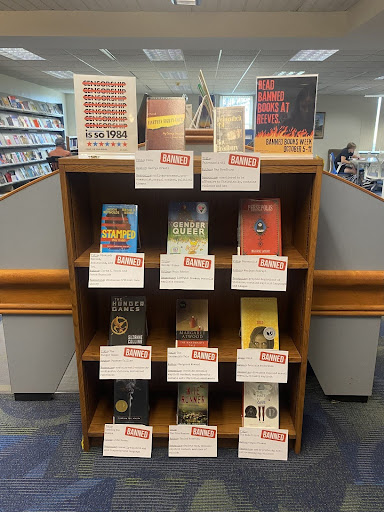I have a question for you. Have you ever used ChatGPT to edit one of your writing assignments? Better yet, have you used it to write something for you outright? You can plead the fifth here, I won’t judge you.
Well, I for one, have a confession to make. As much as I like writing, I have asked it to edit and re-word some things here and there; who hasn’t? We’re only human.
But your being human is the reason why, no matter what you think of your writing, or how smart AI is, your writing is better.
But how can I say this? I don’t even know you, and what does it even mean for writing to be ‘good’? Isn’t it all subjective?
Well, yes, writing IS subjective, there’ll be no argument here on that point, but let’s take a look at Shakespeare. No matter what you think about his writing, obviously there’s got to be some reason he’s considered to be an incredible writer in our culture; a master of the English language if there ever was one.

Would it surprise you to learn then, that if you put almost any of his soliloquies into ChatGPT and ask for it to be edited, ignoring that it is Shakespeare, what you get back is a version of it that technically communicates the same meaning, but it’s much more bland. It doesn’t ‘feel’ like Shakespeare.
The output is admittedly much shorter, more digestible, and more understandable. If I ask ChatGPT to compare the two, it emphasizes the clarity, simplicity, and less mysterious tone as its improvements. Credit to ChatGPT, it won’t say its version is explicitly better unless you really prod it but it clearly prefers this more simplified view of writing.
I have to admit, in some ways, the AI is technically right. For instance, some of the words Shakespeare uses are not real, in general, we believe we should use real words in writing. Some of Shakespeare’s grammar is flat-out incorrect even for the time. Much of his florid verbiage is outdated and excessive. But there’s something wrong with these criticisms, isn’t there? I mean, he obviously wrote it like that on purpose, knowing those things. He didn’t think those words were real or accidentally used incorrect grammar.
But there’s also an issue with this little AI literary experiment. The AI is probably trained in newer writing and writing styles, maybe Shakespeare isn’t the best writer to use for this. If you have the time, I encourage you to take any piece of writing that you really like and try this same experiment. I think you’ll find (as I have) the same result, even from a more modern writer. The writing also doesn’t have to be a poem or even creative writing, although you’ll find AI has a preference for scientific or academic writing.
What can we learn from this? Clearly, ChatGPT struggles with 16th-century poetic plays, which we might’ve already guessed, but from my own experimentation, I think It’s not just the content it’s trained on, but a fundamental issue with understanding writers’ voices in a general sense. Sort of like with AI generative art, there’s just something lifeless about it, it’s difficult to place.
Voice is to writing as your personality is to conversations or social interactions. A voice is developed similarly to your personality, through taking small risks, seeing how people respond, and eventually, finding out what works for you. It involves trusting and respecting readers. When Shakespeare invented words he trusted that people would know what they meant from context or existing words. He took a sort of leap of faith, and it worked.
AI is averse to this sort of risk-taking, it would never make up a word of its own volition. Similarly, it never makes jokes, it’s never long-winded, emotionally vulnerable, or any of the other things that make you realize there’s a human being on the other side of that paper or screen.
This ‘voice,’ much like your personality, is the MOST important thing that you have to offer in writing. Authenticity, perspective, sincerity, and experience are all things that separate your writing from that of an AI, and are often what make people consider writing ‘good.’
If writing has essentially two components, content and form, for an assignment where all students are given the same or similar content to write about, form is the best, and even the only way to set yourself apart. Even professors are people, they are not immune to humor, personality, or even jokes. Imagine how much of a relief it must be for them to read 20 papers about the same thing, and finally find one that is fun, engaging, entertaining, and human.
What can a student looking to improve their writing take away from this? ChatGPT, Grammarly, and even spell check algorithms (especially on Microsoft Word), while helpful should really be taken with a grain of salt. Really consider when you write something how you want it to sound and if any of these tools conflict with that, don’t be scared to ignore or reject them.
When you read something you write, ask yourself: can I imagine that there is a person writing this? Would I want to have a conversation with this person? If not, you haven’t used your voice.
If someone talked the way ChatGPT, Grammarly, etc. want you to write, they would truly be the most boring person to ever walk the earth.
If you do feel you write with your own voice, and you still don’t like it, or others don’t, be patient with yourself. A voice in writing can take a long time to develop, I certainly have work to do myself. Take the time to really consider feedback and edit your work, but do it yourself, without AI. Most of all write mindfully, with effort, focus and sincerity.
A final disclaimer, so I don’t get in trouble. Remember that style is no replacement for substance. Make sure your line of thinking or reasoning in the work is sound and considered first and foremost before stylistic considerations. Finally, use your voice at your own discretion. In some cases, it may be inappropriate to use your voice, and concision and clarity should be considered above all else. I don’t advise making up words, cracking jokes or speaking in riddles on a cover letter, or a scientific paper, for instance, but in general, think of the areas where you can be more casual, more fun, more engaging, more yourself!
Actually, this whole thing was actually written by AI, now you don’t know what to think, do you?
I’m just kidding, it was me, “the gunk.”











![The Downfall of Taylor Swift: AI, ‘The Life [and Demise] of a Showgirl’](https://comenian.org/wp-content/uploads/2025/10/unnamed-6-1.jpg)


